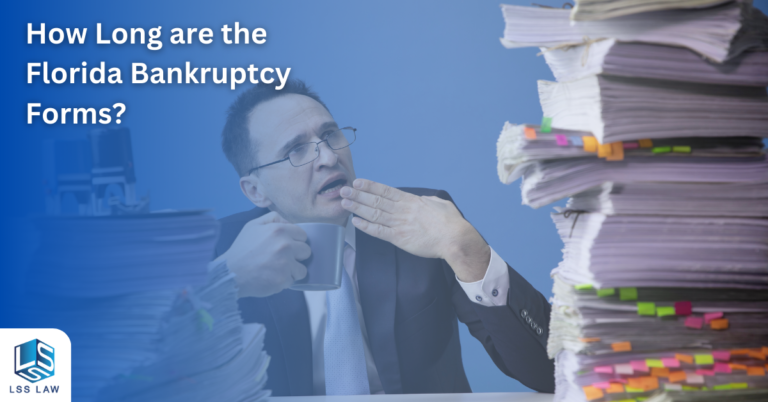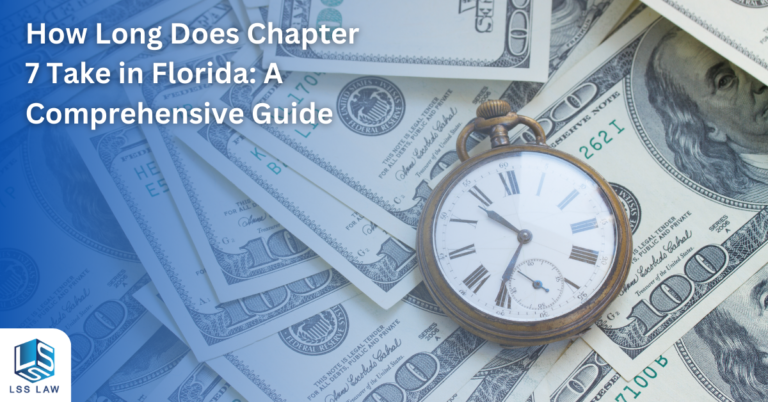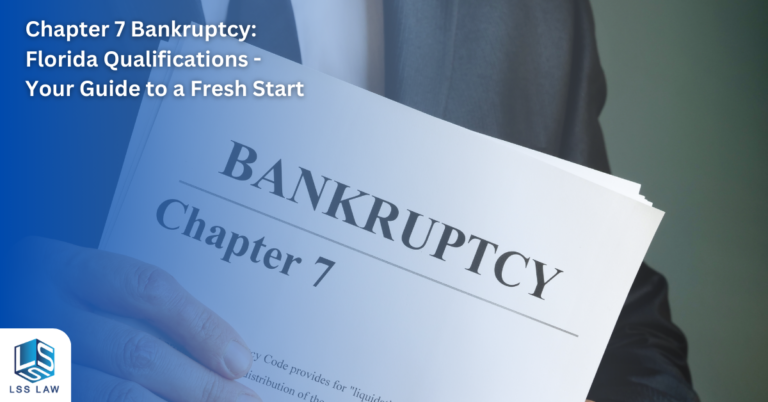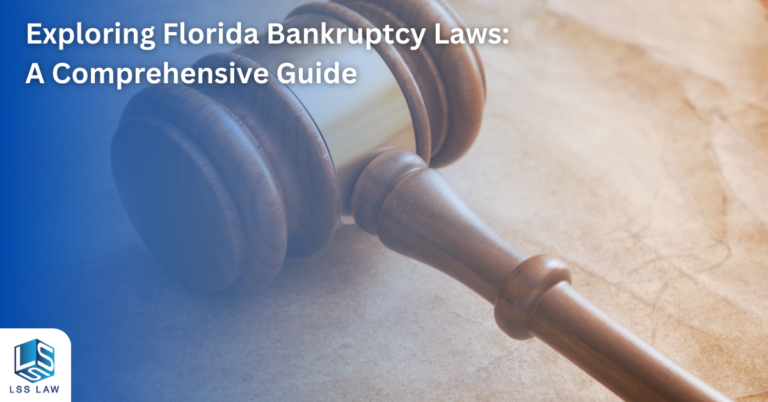When a couple has joint accounts, both spouses are not required to file for bankruptcy—one spouse can still file for bankruptcy as an individual. While the non-filing spouse’s credit score should not be affected by the other spouse’s bankruptcy, he or she may still benefit from speaking with a bankruptcy attorney.
When you decided to become jointly liable for a debt, you agreed to be liable for the debt on your own in the event your spouse’s liability is extinguished. Creditors are not allowed to contact your spouse about the debt once the bankruptcy process has begun, but they can still collect from you since you are now the sole party liable for the debt.
If you can keep up the payments and make good on the joint debt, then your credit will not be affected by a spousal filing. But if you can’t keep up with the payments, it will adversely affect your credit and you too may be forced into bankruptcy.
A Florida bankruptcy attorney can help you decide if filing individually or jointly is the best option for you. In general, if you are filing an individual bankruptcy in an attempt to emerge from bankruptcy with a set of credit scores unscathed, you will only succeed if the accounts are individual accounts. If any debt is shared debt, you are going to have to pay it anyway. A bankruptcy attorney can also tell you how to protect a non-filing spouse in the event of a spouse’s filing.
Please keep in mind that every case is different, so if you are thinking of filing bankruptcy, and would like to schedule a free consultation, please contact our office by completing the form on this website or calling us at 954-466-0541.





